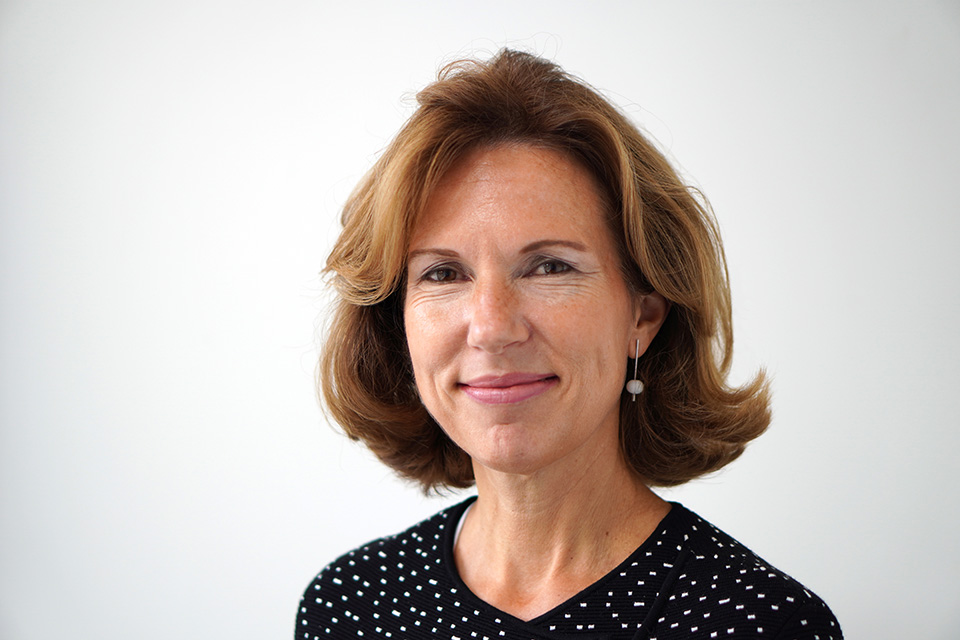Equality's lasting appeal finds form in Magna Carta
British Consul General Caroline Wilson expects the Magna Carta's tour in Hong Kong to reinforce the pledge of all enlightened societies to end discrimination of all forms

“Bad” King John, the villain of every Robin Hood tale, immortalised by Disney as the cowardly lion with the too- big- crown, and a King so reviled that his name has not been used by a British monarch since, is an admittedly unlikely candidate for creator of a document that has shaped our ideas of individual rights and freedoms for 800 years. And it’s true that when he pressed his royal seal onto Magna Carta on 19 June 1215 somewhere just outside Runnymede, John was not being driven by some enlightened altruistic ideal; far from it, Magna Carta was the act of a man with no real option - the only way he could deal with the rebellious Barons and preserve his rule.
Despite this inauspicious beginning, buried deep within the dense text was a genuinely visionary thought. “To no one delay right or justice” – that is to say, that everybody is equal before the law. 800 years later, this concept is at the heart of modern society. It inspired the authors of the US constitution, and underpinned the Universal Declaration of Human Rights. But for all this progress too many people around the world, including in Hong Kong, continue to suffer discrimination for reasons such as who they love; where they come from; the colour of their skin; their gender; or their religion. This is simply unacceptable, and it’s why challenging discrimination in whatever form it takes is at the heart of the UK’s human rights work around the world.
This is not some academic philosophical debate. It has real impacts for people’s lives, and our society as a whole. It is not always an easy journey, but the UK has a good story to tell. As recently as 1991 being gay was still a bar to entry to the UK’s diplomatic service. No longer. Last year, the same sex marriage act came into force in the UK. Just last week, our Prime Minister said that he wanted us to end discrimination and finish the fight for real equality when he announced that leading employers from across the public and private sector, together responsible for employing 1.8 million people in the UK, had pledged to operate recruitment on ‘name blind’ basis to address discrimination. And as Lt General James Everard, Commander of UK land forces wrote recently:
diverse teams, well lead, give you a breadth of understanding and capability you don’t get in any other way.
Hong Kong is one of the world’s economic powerhouses. A dynamic, global city. But it risks falling behind on diversity and equality. And this at a time when Hong Kong is trying to diversify its economy, attract global talent and become more creative. That is why we welcome the work of the EOC in conducting the feasibility study of legislation against discrimination on the grounds of sexual orientation, gender identity and intersex status, and look forward to reading their report in the new year.
Seemingly entrenched cultural attitudes and intransigent authorities can appear formidable challenges. But we can win them over - Magna Carta proved that 800 years ago. Today, together, we can continue that work to create a society in which people no longer have to face discrimination - where, as Ban Ki Moon said:
every human life is precious - none worth more than another.
We are honoured to be hosting Magna Carta here in Hong Kong this week. It is a truly seminal document; a medieval peace treaty that changed the world. I urge all of you to go and see it for yourself at Sotheby’s Hong Kong Gallery before it closes on 14 November.
(An edited version of this article appeared in South China Morning Post on 12 November 2015.)